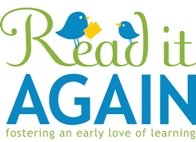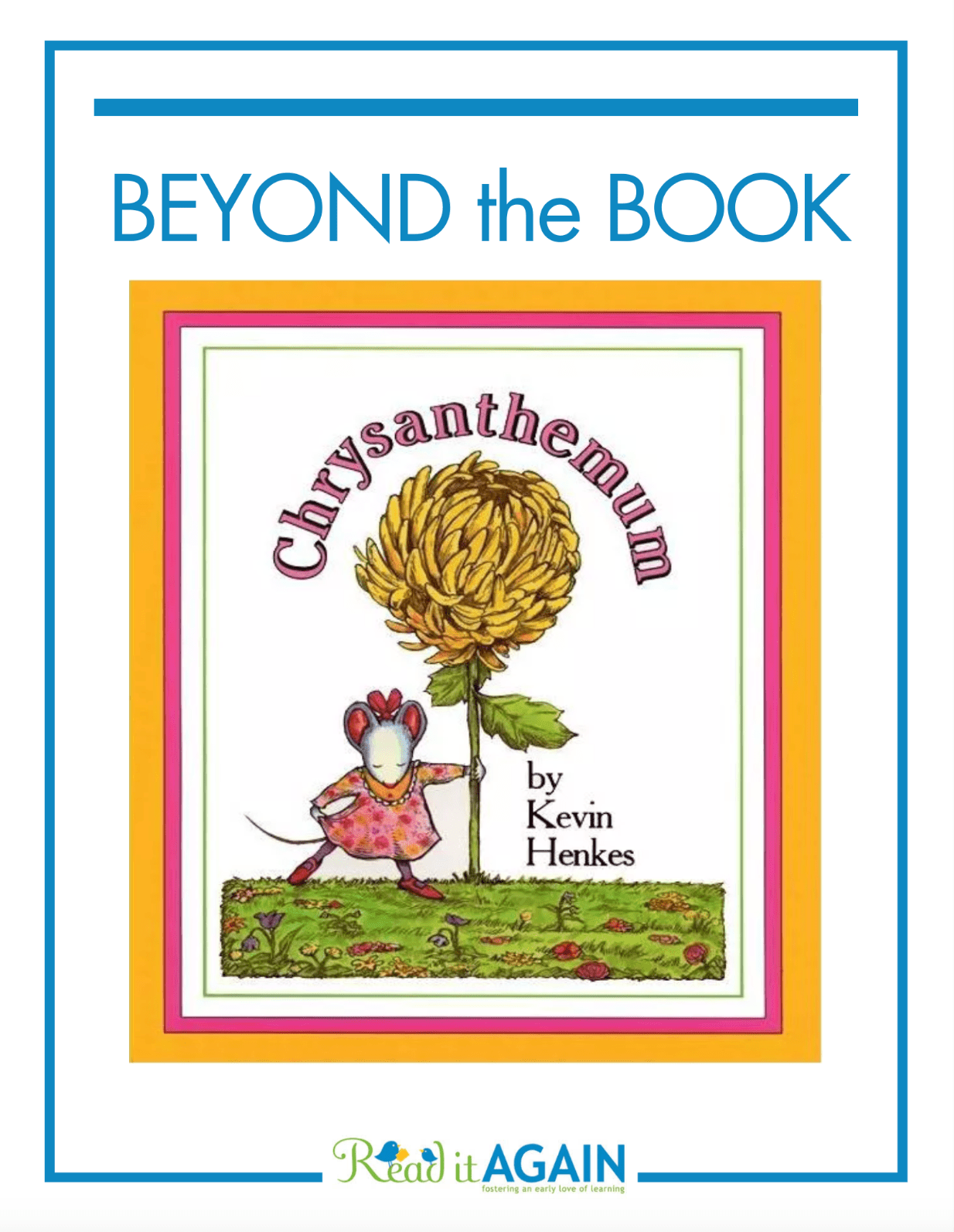Will Your Child be Ready for Kindergarten?
A story is always
a great place to start.
research-based, teacher-created,
screen-free, reading-readiness activities
preschool learning - ages 2 - 6
Do you ever find yourself reading the same story over and over again?
We can show you how to get the most educational value out of each additional reading of a favorite story.
So, go ahead…
Read it Again!
What is Read it Again?
How will it help my child get ready for Kindergarten?
Here’s What’s Included
Click the arrows to view each component.







This Month’s Titles
Did You Know…
Reading to your child is one of the best ways to get ready for kindergarten!
(and easiest)
More than 80% of a child’s brain is formed during the first three years of life. What a child experiences during this small window of time is critical.
Reading to your child for 15 minutes each day exposes him to over one million new words a year.
Children that are read to early on tend to perform better academically throughout their school years.
Regular read aloud sessions stimulate a child's imagination and creativity.
Exposure to a variety of different books broadens a child's knowledge and awareness of the world.
Reading to a child aids in developing essential listening skills and improving concentration.
Children who see their parents reading are more likely to develop a lifelong reading habit.
Why Building Your Child’s Vocabulary is SO Important!
Research suggests that a strong vocabulary is linked to overall cognitive development in children. It is associated with better problem-solving skills, critical thinking abilities, and enhanced cognitive flexibility.
Numerous studies have shown a strong correlation between vocabulary size in early childhood and later academic success. Children with larger vocabularies tend to perform better in reading comprehension, writing, and overall academic achievement.
Vocabulary development in early childhood prepares children for the academic challenges they will face in school. It gives them a head start in grasping new concepts, understanding instructions, and participating actively in classroom activities.
A strong vocabulary is closely linked to reading comprehension. Children with a rich vocabulary can more easily understand and interpret the meaning of words in context, making reading a more enjoyable and successful activity.
Longitudinal studies have shown that vocabulary development in early childhood has lasting effects on various aspects of life, including educational attainment, employment opportunities, and overall cognitive functioning.
Regular exposure to rich language environments, reading aloud, and engaging in meaningful conversations with parents contribute significantly to a child's vocabulary growth.
Pace et al, Early Childhood Education Quarterly, (2019)
A. Fernaud et al, Developmental Science, (2012)
M. Rowe et al, Child Development, (2012)
On the Blog

























